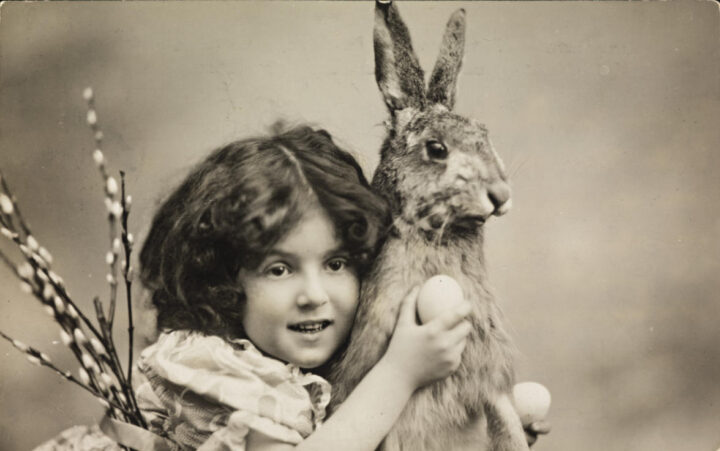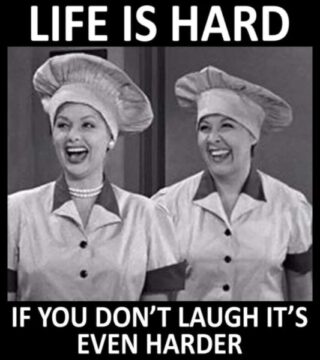
- The name “Easter” is believed to have been derived from Eostre, the pagan goddess of spring and fertility.
- Easter is a moveable feast, meaning it is not fixed to a specific date on the calendar. It is always celebrated on the first Sunday after the first full moon following the spring equinox.
- The first Easter egg is said to have been given by the ancient Persians, who painted eggs to celebrate the beginning of spring.
- The tradition of egg decorating was brought to Europe by the Crusaders in the 13th century.
- In many countries, it is traditional to eat hot cross buns on Good Friday, which are spiced buns with a cross on the top.
- The Easter Bunny originated in Germany, where it was believed that the hare laid eggs and brought them to children as gifts.
- In some European countries, such as Greece, it is traditional to paint eggs red to symbolize the blood of Christ.
- The White House Easter Egg Roll has been a tradition in the United States since 1878, when President Rutherford B. Hayes opened the White House lawn to local children for the event.
- In Finland and Sweden, it is traditional to light bonfires on Easter Saturday.
- In Australia, the Easter Bilby is a popular alternative to the Easter Bunny. The Bilby is an endangered species of marsupial native to Australia.
- The Easter Lily is a popular flower associated with Easter. It is said to have bloomed where drops of Christ’s sweat fell during his crucifixion.
- In some countries, such as Italy, it is traditional to eat lamb on Easter Sunday, as it is considered a symbol of Christ’s sacrifice.
- In Mexico and other Latin American countries, it is traditional to celebrate Semana Santa (Holy Week) with elaborate processions and reenactments of the Passion of Christ.
- The custom of giving Easter baskets filled with candy and other treats is believed to have originated in Germany in the 16th century.
- In Poland, it is traditional to prepare a special Easter breakfast called Swieconka, which includes a variety of meats, eggs, and other foods.
- In the United Kingdom, it is traditional to roll eggs down hills on Easter Sunday. The winner is the person whose egg rolls the furthest without cracking.
- In Russia and other Orthodox countries, Easter is celebrated on a different date than in the Western world, due to differences in the calendar used by the Orthodox Church.
- The custom of wearing new clothes on Easter Sunday is believed to have originated in medieval Europe, as a symbol of rebirth and renewal.
- The Easter Vigil, which takes place on the Saturday evening before Easter Sunday, is the most important liturgical celebration in the Catholic Church.
- In many cultures, the egg is seen as a symbol of new life and rebirth, which is why it has become such a prominent part of Easter celebrations around the world.

